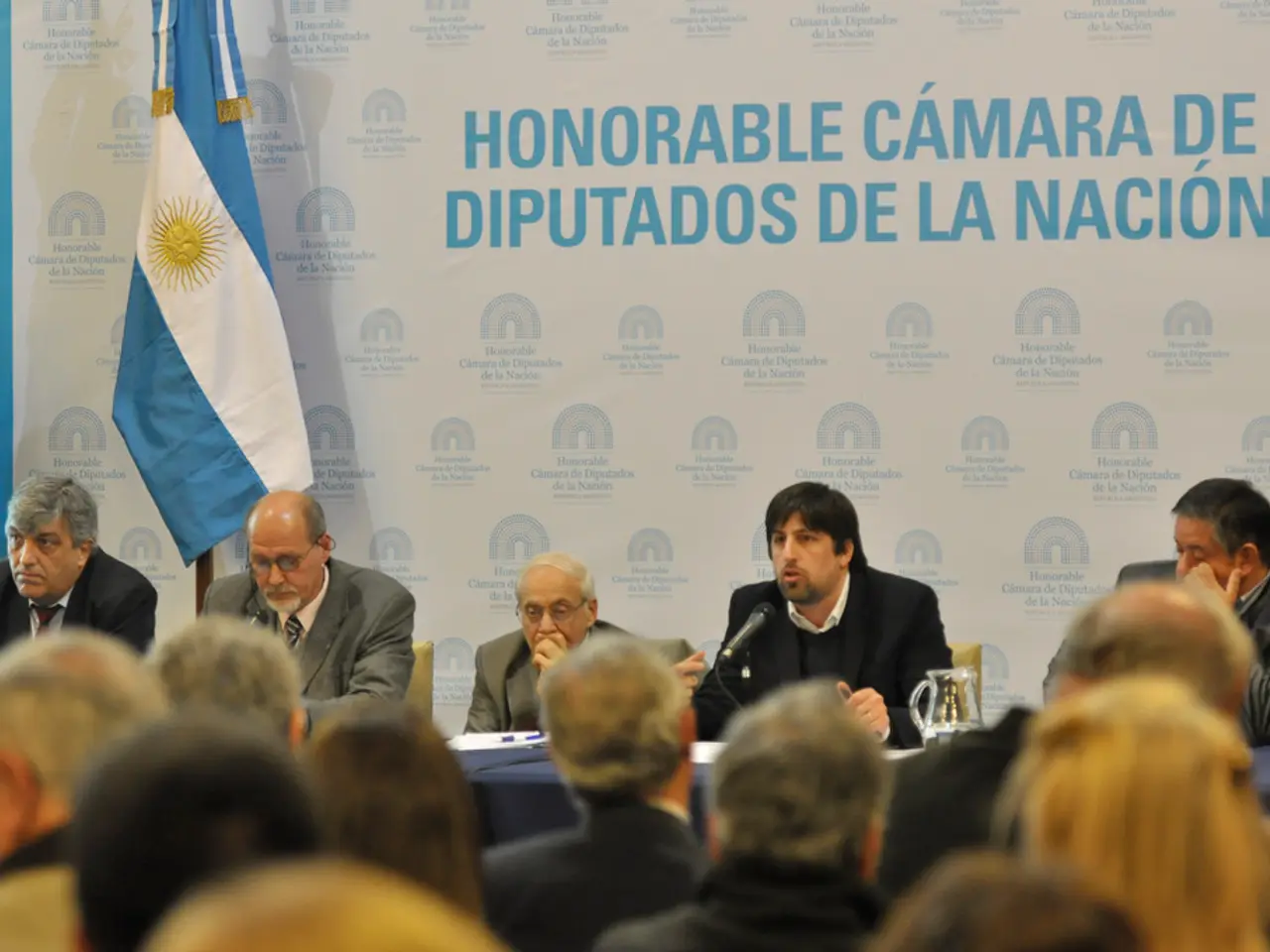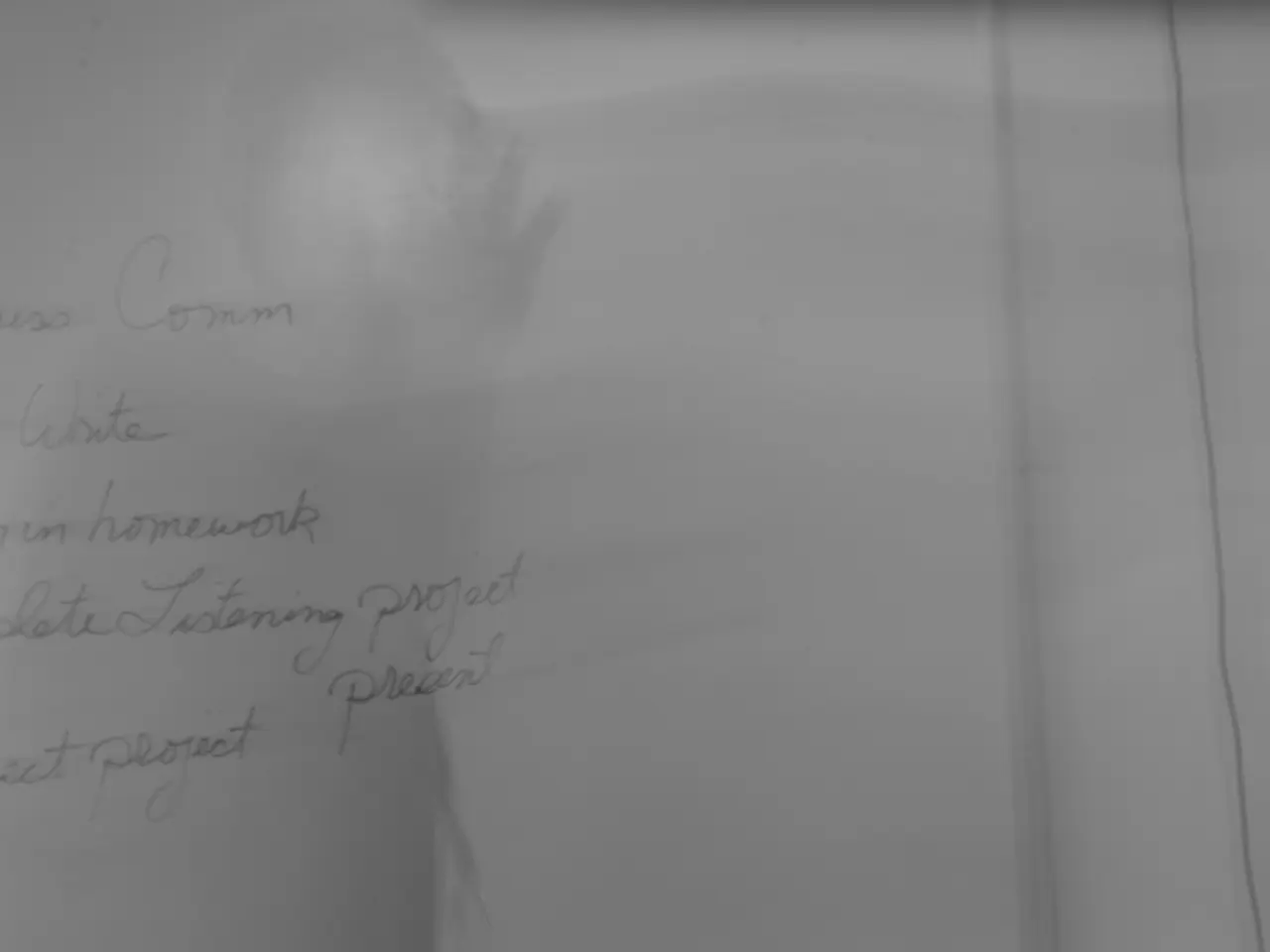Discontent over unwanted energy agreements - Unwelcome ElectricalContractsCausingIssues
Rising Complaints of Unwanted Electricity Contracts in Lower Saxony: A Guide for Consumers
In Lower Saxony, Germany, the Consumer Advice Centre has reported an increase in complaints about unwanted electricity contracts. Unsolicited sales calls and door-to-door representatives are suspected of trying to impose these contracts on unsuspecting individuals. Here's what consumers can do to protect themselves:
- Read Contract Documents Carefully
Always read all contract documents and correspondence carefully to confirm the legitimacy of any electricity contract changes or new offers. Legitimate providers will clearly identify themselves and provide transparent terms.
- Be Wary of Unsolicited Contacts
Be cautious of unsolicited calls, emails, or door-to-door sales pitches that pressure for immediate contract changes or commitments. These are often tactics used in scams.
- Verify Contract Changes Directly
Before agreeing to any new terms or switching suppliers, verify contract changes directly through your current electricity provider to avoid being switched without consent (known as "slamming").
- Seek Advice from Consumer Protection Agencies
Consult consumer protection agencies or watchdogs in Germany, such as Verbraucherzentrale Niedersachsen, for information and support to recognize and report fraudulent activities related to utility contracts.
- Check the Legitimacy of Providers
Check whether offers are from authorized and registered electricity providers in Germany through official databases or the Federal Network Agency to confirm legitimacy.
- Recognize Suspicious Details
Be alert to suspicious details like unclear pricing, non-transparent fees, demands for upfront payments, or pressure to act quickly, which often indicate scams.
The Consumer Advice Centre in Lower Saxony advises against giving the MaLo-ID (Market Location ID) to unauthorized parties. Signatures given to representatives may constitute consent to a contract, not just the receipt of information material. These representatives aim to obtain personal data from affected individuals.
For tailored support, consumers can reach out to local consumer advice centers (Verbraucherzentrale Niedersachsen) or check websites of regulatory agencies such as the Bundesnetzagentur (Federal Network Agency) for warnings and procedures related to electricity contract changes and fraud prevention.
[1] [2] [3] [4] (Sources omitted for brevity)
- In line with the Community policy on consumer protection, it's essential for consumers in Lower Saxony to verify the legitimacy of electricity providers, especially when dealing with door-to-door sales or unsolicited calls and emails, as reported failures in the employment policy of some companies lead to these scams, potentially impacting consumers' finances and business dealings.
- When faced with contract changes or new offers related to electricity, consumers should follow employment policies within their existing contracts and business practices, reading all contract documents carefully, verifying changes directly with their current providers, and seeking advice from consumer protection agencies to avoid falling victim to scams or instances of 'slamming'.




